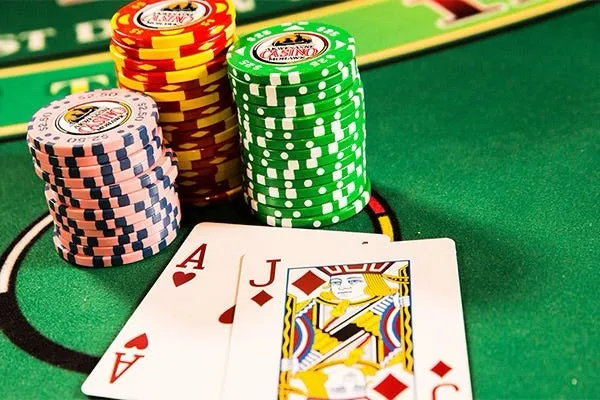Every poker player in San Antonio experiences defeat at some point. You might lose a big hand you thought was in the bag or an entire session that didn’t go your way. Losses can be frustrating. But long-term winners can recover, learn, and come back stronger. Thankfully, poker losses can be valuable learning experiences if handled the right way. By combining a calm mindset with smart adjustments, you can turn a tough night into the foundation for future success. Below are ways to bounce back from a defeat in poker:
Step Back and Clear Your Mind
Playing again immediately while still upset can lead to poor decisions. Skilled players in San Antonio know that emotional control is key. Sometimes, it is the best move is to take a break. Do something relaxing, like going for a walk, meeting up with friends, or focusing on a hobby. By clearing your mind, you can return to the table with renewed focus and without the baggage of the last game.
Review the Hands That Hurt You
Many online platforms allow you to replay hands, but you can recall the main situations and think about them in detail, even in live games. Ask yourself if your decisions were based on sound reasoning or on impulse. Look for moments where you might have misread your opponent or ignored your usual strategy. This self-review can reveal patterns you need to break and help you spot areas for improvement.
Identify Tilt Triggers
Losing a big pot, being bluffed, or getting unlucky can push you into tilt. By identifying what triggers your frustration, you can develop ways to manage it. Some players pause for a few hands, while others use breathing exercises. Some steps away from the table entirely. Knowing your personal triggers can help you keep your game steady and avoid letting emotions take over.
Adjust Your Strategy
After a loss, you might want to overhaul your entire strategy. But this can do more harm than good. Instead, make small and thoughtful adjustments. Maybe you tighten up your starting hands or pay more attention to position. Perhaps you watch betting patterns more closely. These focused improvements can strengthen your game without throwing out what already works.
Learn from the Best
You can improve your poker situation after a defeat by watching live streams, reading strategy books, or joining poker discussion groups. Observing experienced players shows you new approaches and helps you understand how they adapt when the cards aren’t in their favor. This allows you to gather ideas you can blend into your own style.
Practice in Lower-Stakes Games
If you’ve had a tough loss, stepping into lower-stakes games can help you rebuild your confidence. These games allow you to test out adjustments without as much financial risk. They also give you more opportunities to play hands and gain experience. As your confidence and decision-making improve, you can gradually move back to higher-stakes tables with a stronger skill set.
Treat Setbacks as Lessons
Each mistake made today is a lesson for tomorrow. If you can take something valuable from every defeat, you are turning setbacks into stepping stones toward long-term success. This mindset improves your game and keeps you motivated through the ups and downs of poker.


